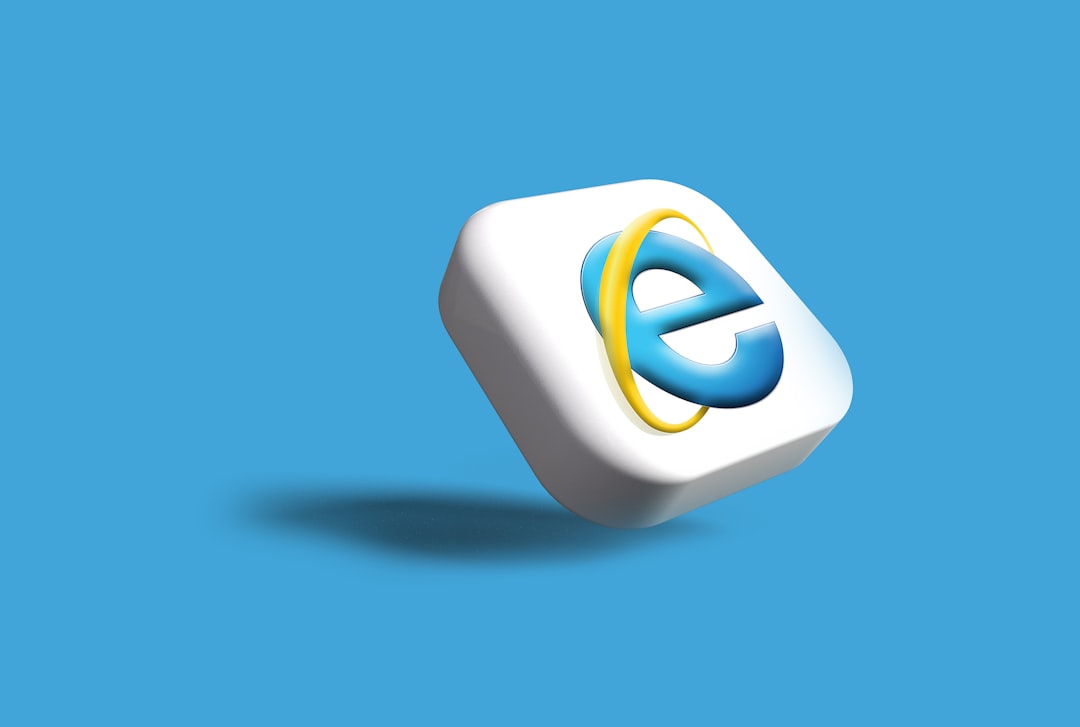In an age where digital content consumption is at an all-time high, people often look for convenient ways to enjoy audio versions of their favorite YouTube videos. Whether it’s for offline listening, curating a music playlist, or using educational material without the visual component, converting YouTube videos into MP3 files has become increasingly popular. However, the tools used for this task come in various forms—primarily browser-based converters and dedicated applications. Understanding the trade-offs between these two options is essential for making an informed choice, especially when security, usability, and audio quality are at stake.
Understanding YouTube to MP3 Conversion
YouTube to MP3 converters extract the audio track from online videos and save them in a downloadable MP3 format. This process allows users to build libraries of audio content sourced from videos, including music, podcasts, interviews, and educational tutorials. Yet, not all tools are created equal. Some operate via web browsers, while others require installation as apps or software. The distinction between these formats impacts performance, user experience, and potential risks.
Browser-Based Converters: Pros and Cons
Browser-based converters are web services that allow users to paste a YouTube link, press a conversion button, and then download the resulting MP3 file—all without downloading any software. These platforms have become widely used for their ease and speed of access. However, they’re not without compromises.
Advantages of Browser-Based Converters:
- No Installation Required: Just navigate to a website, paste the URL, and convert—no need to download or install anything.
- Cross-Platform Compatibility: They work on virtually any device with a web browser, including phones, tablets, and desktops.
- Quick Access: Suitable for occasional or one-off uses without cluttering your device with software.
Limitations and Risks:
- Security Concerns: Many of these sites host invasive ads, trackers, or even malware. Pop-ups and redirects can expose users to dangerous third-party services.
- Unstable Quality: Audio quality and file fidelity can be inconsistent across different services.
- Legal and Ethical Ambiguity: Many sites operate in legal grey zones, and some may infringe on copyright regulations.
Because they rely on server resources controlled by third-party sites, these services can also experience frequent downtimes, inconsistent speeds, or disappear altogether after facing legal challenges.

App-Based Converters: Pros and Cons
On the other side of the spectrum lie dedicated app-based converters. These are downloadable programs—either desktop applications or mobile apps—designed to process YouTube links and produce MP3s. They offer several operational and performance-related advantages but are also accompanied by some caveats.
Advantages of App-Based Converters:
- Higher Audio Quality: These apps often offer bitrate options and more control over the conversion process, resulting in better audio output.
- Batch Downloads: Many allow users to download multiple files at once, a significant advantage when creating large playlists.
- Enhanced Features: Apps may include ID3 tag editing, audio trimming, conversion to other formats, and even integration with music libraries.
- Stable and Reliable: Because they don’t rely on third-party web servers, these applications are more consistent in performance.
Disadvantages:
- Device Storage: These apps take up space on devices and may require additional resources to function efficiently.
- Platform Dependency: Some apps are only available for Windows, macOS, or specific mobile platforms.
- Learning Curve: More advanced features can make the UI seem complex to casual users.
Trustworthy applications often have well-maintained support pages, clear update logs, and frequent compatibility improvements. However, downloading third-party software always involves a degree of risk. It is crucial to verify the app’s reputation before installation and ensure it doesn’t include bundled bloatware.
Security: A Key Consideration
Arguably, the most critical factor in choosing between a browser-based and app-based converter is security. With browser-based tools, you’re at the mercy of the host site’s infrastructure. Many such sites serve as breeding grounds for spam, malicious scripts, and sketchy lures to click “Download” buttons that lead to completely unrelated software or scams.
In contrast, application-based tools—especially those from reputable developers—are generally more secure, provided they are downloaded from official sources. Installing unverified software or APKs, however, carries its own set of risks, such as spyware, adware, or backdoors into your system.
Security-related best practices include:
- Using antivirus software to scan downloads.
- Checking user reviews and security audits of software.
- Avoiding sites that host intrusive advertising or fake “Download” buttons.

Usability and User Experience
Usability is another area where browser tools and apps show considerable divergence. Browser tools score highly in immediacy and minimalism; they’re easy to understand and execute for quick, one-off tasks. They’re accessible to users of all levels and often don’t require any onboarding process.
Apps, while perhaps more feature-rich, can seem overwhelming to novice users. Settings for file formats, bitrates, and destination folders may confuse those unfamiliar with AV terminologies. However, for more frequent users who want efficiency and customization, apps are the superior choice.
User experience depends on:
- The cleanliness of the interface (especially for browser tools).
- The intuitiveness and flexibility of the app’s layout.
- Customization and automation features like download queues and format profiles.
Legal Implications
It’s crucial to highlight the legal factors one must consider when converting YouTube videos to MP3. YouTube’s Terms of Service explicitly prohibit downloading content unless a download button is clearly provided by the platform. While converting and downloading royalty-free or your own uploaded content is typically fine, doing so for copyrighted music or media can cross legal boundaries.
Both browser-based and application-based tools often come with disclaimers but do little to prevent misuse. This puts the onus of legal responsibility on the user. Besides, users in certain jurisdictions may face stricter enforcement of digital copyright laws compared to others.
Performance and Speed
App-based converters generally outperform browser tools in terms of speed and efficiency. They are less dependent on internet bandwidth, thanks to local processing capabilities. Batch downloads and clipboard monitoring features increase efficiency and save significant time when multiple files are involved.
Browser tools, on the other hand, are often slower, especially during peak usage hours. Free services may throttle download or conversion speeds to encourage users to upgrade to a paid tier if one is available.
Conclusion: Making the Right Choice
The decision between using a browser-based converter and an app-based one ultimately hinges on your specific needs, usage frequency, and tolerance for risk. If you need a quick one-off conversion with minimal setup, a browser tool might suffice. However, if you require consistent performance, higher security, and advanced features, investing in a reputable application is the better choice.
To summarize:
- For casual use: Opt for a browser-based tool with verified security and no excess advertising.
- For consistent, high-quality conversions: Use a trustworthy app after confirming its legitimacy and safety.
- Always consider legal implications and respect the copyright of content creators.
As digital convenience increases, so too must our awareness of the tools we use. By weighing the trade-offs of browser vs. app-based YouTube to MP3 converters, users can make safer and more effective decisions, aligned with both ethical boundaries and personal needs.
